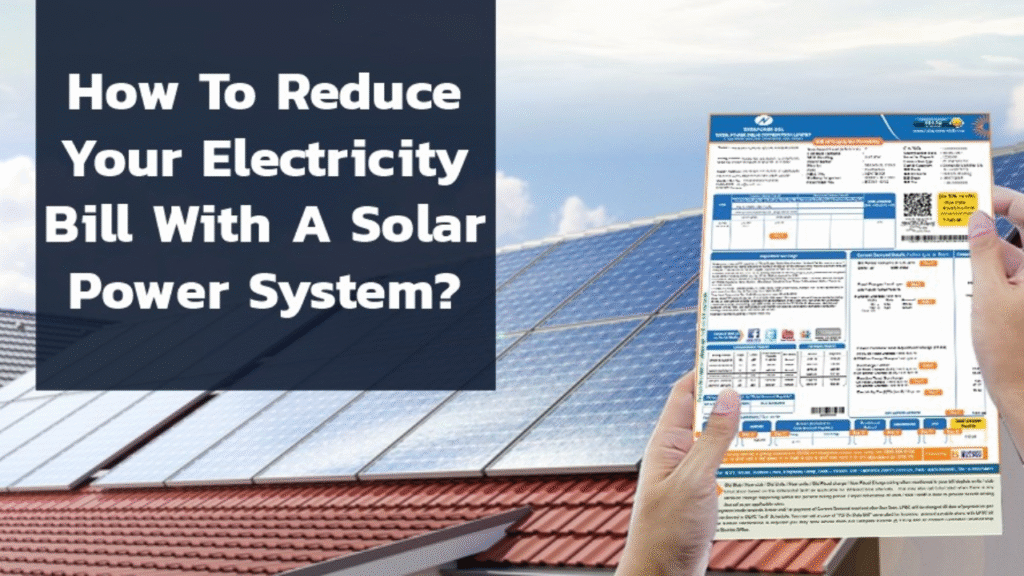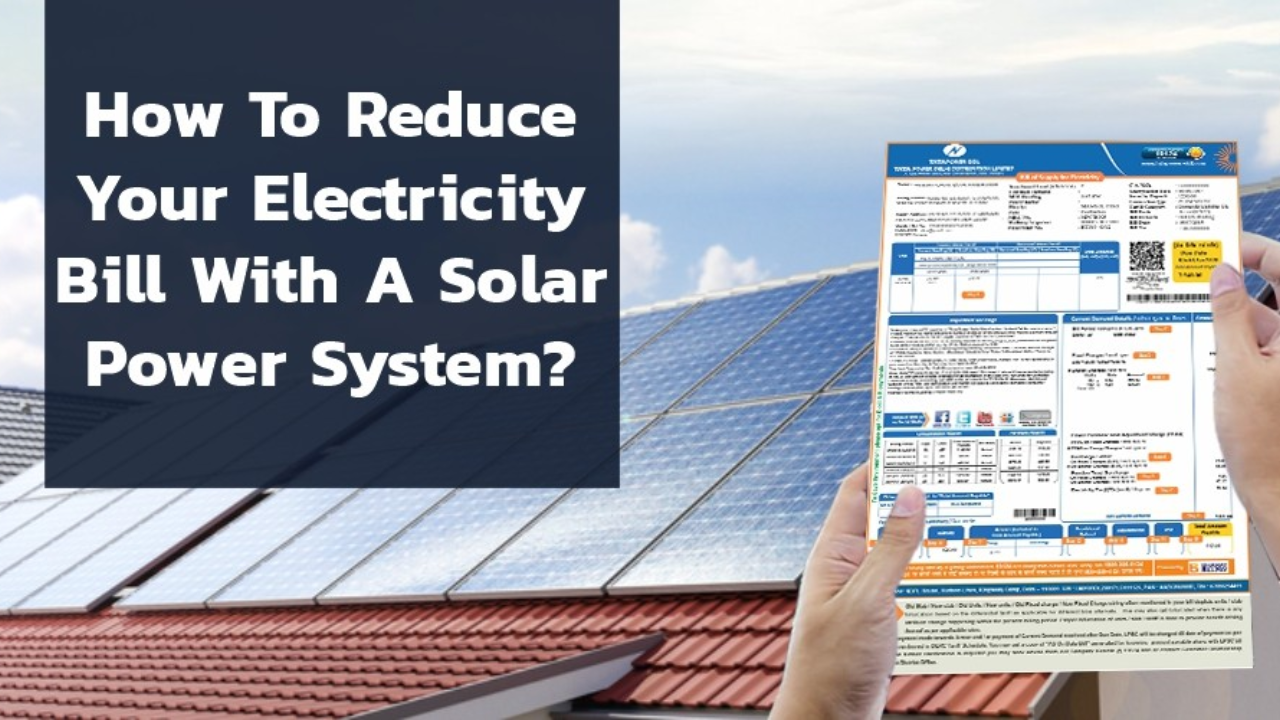
With rising electricity prices, homeowners are searching for ways to cut monthly utility costs without compromising comfort. One of the most effective solutions is installing solar panels. Beyond their environmental benefits, solar panels can significantly reduce — and in some cases, eliminate — your energy bills. This article explains how solar energy works, the key financial advantages, and important considerations before investing.
How Solar Panels Work
Solar panels use photovoltaic (PV) cells to convert sunlight into direct current (DC) electricity. An inverter then changes DC into alternating current (AC), which powers your home. Any surplus energy can be stored in batteries or sent back to the grid for credits through net metering.
Key Steps in Energy Conversion:
- Sunlight absorption by PV cells.
- Conversion of DC to AC via an inverter.
- Distribution of electricity to power appliances.
- Excess power management via storage or grid return.
Financial Benefits of Solar Panels
Switching to solar provides both immediate and long-term cost savings.
- Lower Monthly Energy Bills – Solar panels generate free electricity during the day, reducing reliance on expensive grid power.
- Net Metering Credits – In many regions, extra energy is sold back to the utility company for bill credits.
- Protection Against Price Hikes – Producing your own power shields you from rising electricity rates.
- Tax Incentives & Rebates – Government programs offer credits and rebates that lower installation costs.
- Increased Home Value – Properties with solar systems often sell faster and at higher prices.
Maximizing Your Energy Bill Savings
To ensure maximum benefit from solar energy, homeowners should adopt smart energy practices alongside installation.
- Optimize panel placement – Position panels where they get maximum sunlight exposure throughout the day.
- Invest in energy storage – Batteries allow you to use stored power at night, reducing grid dependence.
- Track energy usage – Smart meters help monitor and adjust consumption patterns.
- Combine with energy-efficient appliances – Using less energy amplifies the savings from solar.
Cost Considerations and ROI
The initial cost of solar panels varies based on system size, brand, and installation complexity. While the upfront investment can be significant, most homeowners recover costs within 5–10 years through savings and incentives.
Factors Affecting ROI:
- Local electricity rates
- Amount of daily sunlight
- Availability of rebates and tax credits
- Home energy consumption patterns
Table: Solar Panel Cost vs. Savings Estimate
| System Size | Average Cost (After Incentives) | Annual Energy Savings | Payback Period | 25-Year Net Savings |
|---|---|---|---|---|
| 4 kW | $8,000 | $800 | 10 years | $12,000 |
| 6 kW | $12,000 | $1,200 | 8 years | $18,000 |
| 8 kW | $15,000 | $1,600 | 7 years | $25,000 |
| 10 kW | $18,000 | $2,000 | 7 years | $30,000 |
| 12 kW | $21,000 | $2,400 | 6 years | $36,000 |
Environmental Impact
Beyond cost savings, solar panels reduce reliance on fossil fuels, lowering carbon emissions and helping combat climate change. Each kilowatt of solar energy installed can offset over a ton of CO₂ emissions annually.
Maintenance and Longevity
Solar panels require minimal upkeep — periodic cleaning and occasional inspections ensure efficiency. Most systems last 25–30 years, providing decades of low-cost energy.
Overview Table
| Point | Description | Benefit to Homeowner |
|---|---|---|
| Energy Production | Converts sunlight into usable electricity | Reduces grid reliance |
| Net Metering | Credits for excess power returned to grid | Lowers monthly bills |
| Tax Incentives | Federal and local rebates reduce costs | Faster ROI |
| Energy Storage | Batteries store power for nighttime use | More energy independence |
| Low Maintenance | Occasional cleaning and inspection | Long-term efficiency |
| Environmental Impact | Reduces carbon footprint | Supports sustainability |
Conclusion
Solar panels are more than a green energy choice — they are a long-term financial investment that can dramatically reduce or even eliminate your electricity bills. By combining solar power with energy-efficient habits, homeowners can enjoy consistent savings, greater independence from utility companies, and a positive environmental impact.
3 Quick FAQs
- How much can solar panels save on electricity bills?
Depending on system size and sunlight exposure, savings can range from 50% to 100%. - Do solar panels work during cloudy days?
Yes, but energy production may be reduced compared to sunny days. - Are solar panels worth it without net metering?
Yes, especially when paired with battery storage to maximize self-consumption.

